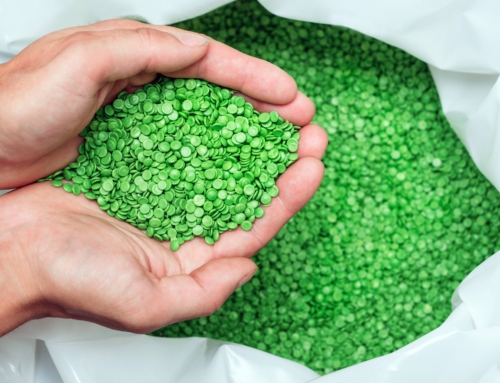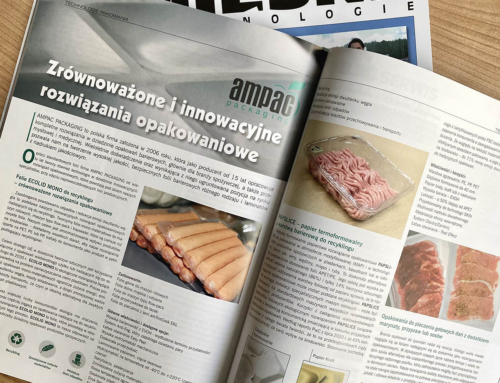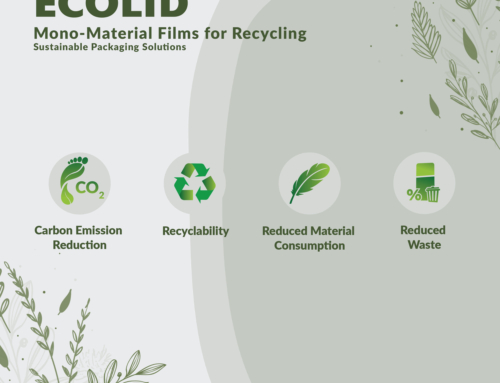Record High Recycling Rate in the EU – Are We Changing?
In Europe, the most common way to treat plastic waste is energy recovery, followed by landfilling. However, that is changing constantly and recycling becomes a more and more popular method of treating plastic waste. Recycling regulations, infrastructure, prices and processes themselves vary from country to country. Each year, the production and combustion of plastics contribute to global emissions of around 400 million tonnes of CO2, some of which could be avoided by improving recycling.
Municipal waste production in the EU
Eurostat reports that people in the European Union generate an average of 502 kg of municipal waste per person, a slight increase compared to 2018 (495 kg). Surprisingly, Poland fares very well compared to other member states – we produce 336 kg of garbage on average, which is the second best result among member states. In total, almost 225 million tonnes of municipal waste was generated in the European Union in 2019. Although the residents of the community generate more rubbish than a year ago, compared to the peak in 2008, there was a clear decrease – then the figure was 518 kg per person.
Less waste generated by the Poles and Romanians
On average, the Danes generate the most garbage – 844 kg. Other countries that generate more than 600 kg of municipal waste per person are: Luxembourg (791 kg), Malta (694 kg), Cyprus (642 kg) and Germany (609 kg).
Poland is on the other side of the ranking – the second best with the 336 kg of municipal waste per person. Only Romania produces less than Poland – 280 kg. The only two other Member States, which generated less than 400 kg of waste per person, are Estonia (369 kg) and Hungary (387 kg).
48 % of municipal waste in the EU was recycled (recycling and composting) in 2019
What is good news is that the recycling and composting rate of waste is growing rapidly – from 37 million tonnes (87 kg per person) in 1995 to 107 million tonnes (239 kg per person) in 2019. In the same period, the amount of municipal waste incinerated in the EU has doubled from 30 million tonnes (70 kg per person) to 60 million tonnes (134 kg per person). As a result of these processes, the total amount of municipal waste landfilled in the EU has dropped by more than half in 24 years. In 1995 it was 121 million tons, and in 2019 – 54 million tons – the good news we all have been waiting for.
Share This Story, Choose Your Platform!







Leave A Comment
You must be logged in to post a comment.